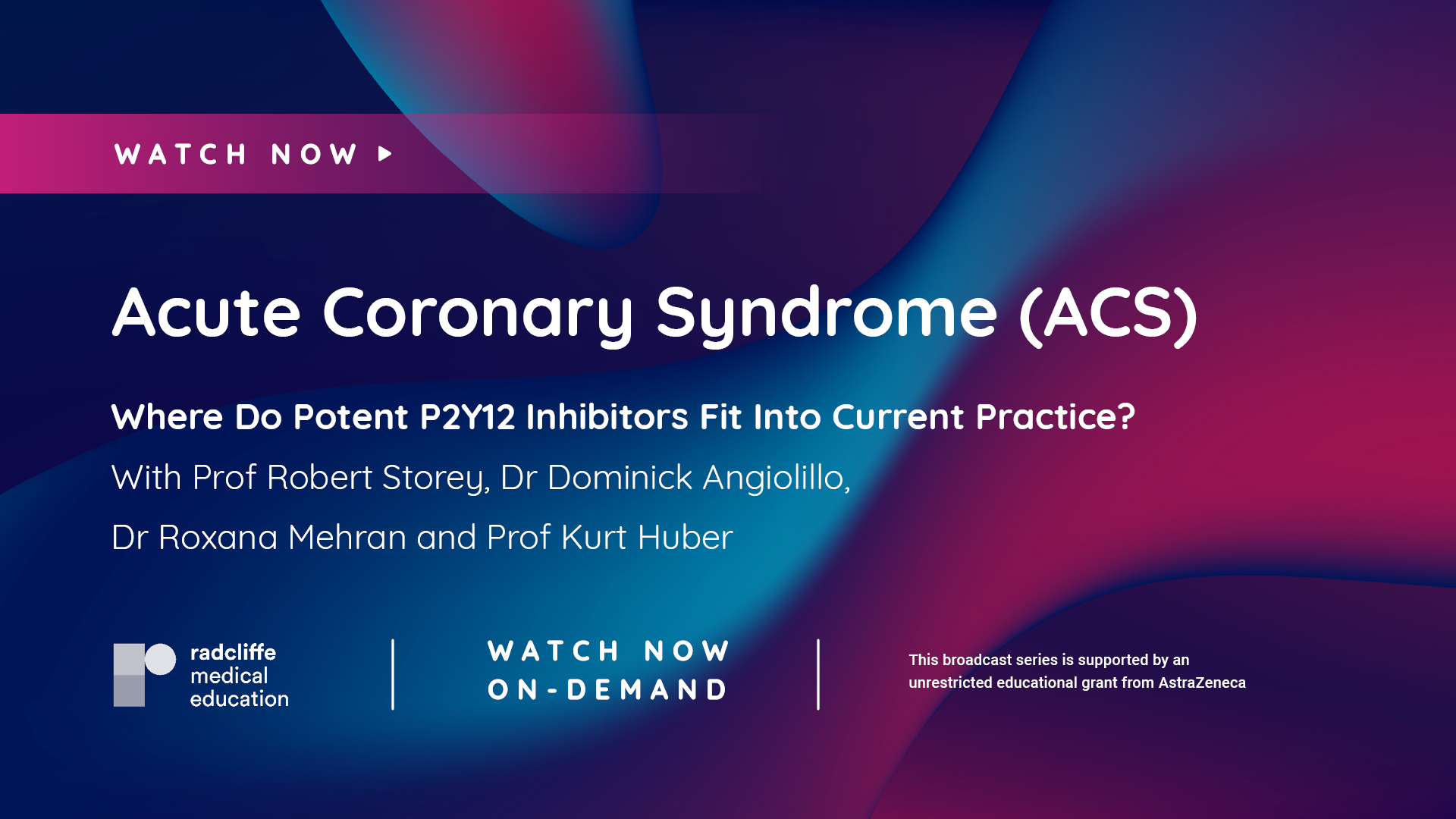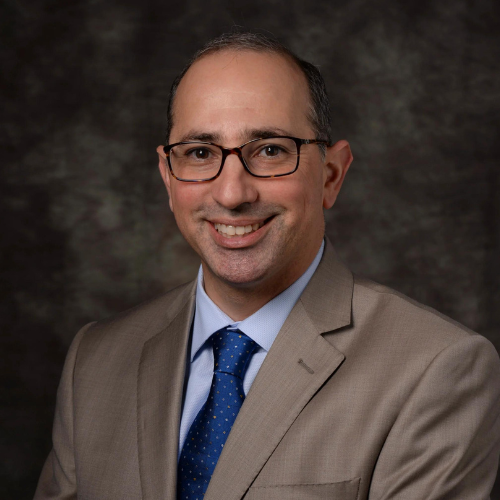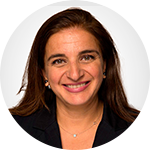Where Do Potent P2Y12 Inhibitors Fit Into Current Practice? - Acute Coronary Syndrome (ACS)
Published: 24 June 2022
-
Views:
 14457
14457
-
Likes:
 7
7
-
Views:
 14457
14457
-
Likes:
 7
7
-
 21m 29sPart 3 Potent P2Y12 Inhibition
21m 29sPart 3 Potent P2Y12 Inhibition
-
 16m 2sPart 4 Balancing Efficacy and Risk
16m 2sPart 4 Balancing Efficacy and Risk
-
 14m 55sPart 5 Medically Managed ACS
14m 55sPart 5 Medically Managed ACS
-
 18m 8sPart 6 Long-Term Management
18m 8sPart 6 Long-Term Management
-
 9m 31sPart 7 Q&A and Discussion
9m 31sPart 7 Q&A and Discussion
Overview
This broadcast series 'Where Do Potent P2Y12 Inhibitors Fit Into Current Practice?' will reappraise potent P2Y12 inhibitors, as evidence accumulates to support their broader use. At this juncture, there is still some uncertainty around patient selection, initiation and long-term management.
The first broadcast in this series, focused on Acute Coronary Syndrome (ACS). In this on-demand version of the live broadcast, Radcliffe Medical Education brings together a global faculty of experts in the field to look at current guidance, the landmark data, gaps in evidence and seeks to provide practical guidance.
Prof Rob Storey (Sheffield University, UK) moderates proceedings, and is joined by Prof Roxana Mehran (Mount Sinai Hospital, US), Prof Dominick Angiolillo (University of Florida College of Medicine-Jacksonville, US) and Prof Kurt Huber (Clinic Ottakring, AT) for a series of insightful presentations and discussions.
Catch up now on the other broadcasts in this series:
Key Learning Objectives
- Recall current unmet needs in ACS
- Summarise current use of antiplatelet therapy in ACS according to guidelines
- Describe the mode of action of potent P2Y12 inhibitors
- Identify settings where a potent P2Y12 inhibitor should be used in favour of clopidogrel
- Summarise the results of head-to-head trials between clopidogrel and potent P2Y12 inhibitors
- Select appropriate assessment criteria for ischaemic risk and bleeding risk
- Identify patients in whom a medical therapy only approach could be used over invasive strategies
- Use antiplatelet therapy effectively and safely for long-term management of ACS
Target Audience
- General Cardiologists
- Interventional Cardiologists
- Nurses and any other allied HCPs
More from this programme
Part 1
Unmet Needs in ACS
| 1 session | |
| Unmet Needs in ACS | Watch now |
Part 2
P2Y12 Inhibitors in ACS: The Journey So Far
Part 3
Potent P2Y12 Inhibition
| 1 session | |
| Potent P2Y12 Inhibition | Watch now |
Part 4
Balancing Efficacy and Risk
| 1 session | |
| Balancing Efficacy and Risk | Watch now |
Part 5
Medically Managed ACS
| 1 session | |
| Medically Managed ACS | Watch now |
Part 6
Long-Term Management
| 1 session | |
| Long-Term Management | Watch now |
Part 7
Q&A and Discussion
| 1 session | |
| Q&A and Discussion | Watch now |
Faculty Biographies

Dominick J Angiolillo
Professor & Chief
Dr Dominick Angiolillo graduated from the Catholic University of the Sacred Heart Medical School in Rome, Italy and pursued training in interventional cardiology at the Complutense University of Madrid in Spain and received his Ph.D. in cellular and molecular cardiology. Dr Angiolillo is board-certified in internal medicine, cardiovascular disease and interventional cardiology.
In 2004, Dr Angiolillo joined the University of Florida College of Medicine in Jacksonville, where he is a professor of medicine, director of cardiovascular research and director of the interventional cardiology fellowship program.
Dr Angiolillo has made major scientific contributions to many medical and cardiovascular journals, as well as cardiovascular medicine textbooks. He has authored more than 400 peer-reviewed articles, with nearly 30,000 citations and an H-index of 86. He has authored more than 30 book chapters and is the editor of his…

Robert F Storey
Professor and Honorary Consultant in Cardiology
Prof Robert Storey is Academic Director and an honorary Consultant Cardiologist for the Cardiology and Cardiothoracic Surgery Directorate, Sheffield Teaching Hospitals NHS Foundation Trust. He is Professor of Cardiology at the University of Sheffield, UK, where he has headed a platelet research group since 2002 within the Department of Cardiovascular Science.
He has a special interest in the management of ischaemic heart disease, including acute coronary syndromes and coronary intervention. He served as a member of the executive committees for the PLATO and PEGASUS studies, leading the platelet function substudies for these trials, and of the steering committee for the TRA-CER, EPICOR and ATLANTIC studies. He is currently a member of the steering committee for the COMPLETE study. He was Chair of the Working Group on Thrombosis of the European Society of Cardiology (ESC) from 2012-2014 and has been a Task Force member for several ESC guidelines on non-ST-elevation acute…

Roxana Mehran
Professor of Medicine, Cardiology and Professor of Population Health Science and Policy
Roxana Mehran is Professor of Medicine, Cardiology and Professor of Population Health Science and Policy at the Icahn School of Medicine at Mount Sinai in New York. She is also Director of Interventional Cardiovascular Research and Clinical Trials at The Zena and Michael A Weiner Cardiovascular Institute at Mount Sinai Hospital where, over the past 5 years, she has led the development of a globally respected data and clinical coordination centre to support large, multicentre, multinational clinical trials designed to help improve outcomes and quality of life for patients undergoing interventional cardiovascular procedures. In recent years, her work has had a special emphasis on gaining a deeper understanding of anticoagulation and antiplatelet regimens post angioplasty and transcatheter valve replacement; and collection and interpretation of sex-specific data in cardiovascular clinical trials.
Roxana serves on editorial board of multiple peer reviewed journals, including …

Kurt Huber
Head of the 3rd Med. Dept. of Cardiology and Internal Intensive Care Medicine
Prof Kurt Huber is Head of the 3rd Med. Dept. with Cardiology and Internal Intensive Care Medicine at the Clinic Ottakring, Vienna.
Prof Huber is an interventional cardiologist with over 35 years of experience. His main research interest covers basic research (mechanisms of thrombus formation and dissolution) as well as clinical research (acute coronary syndromes, organization of STEMI networks, antithrombotic therapy in CV diseases).





